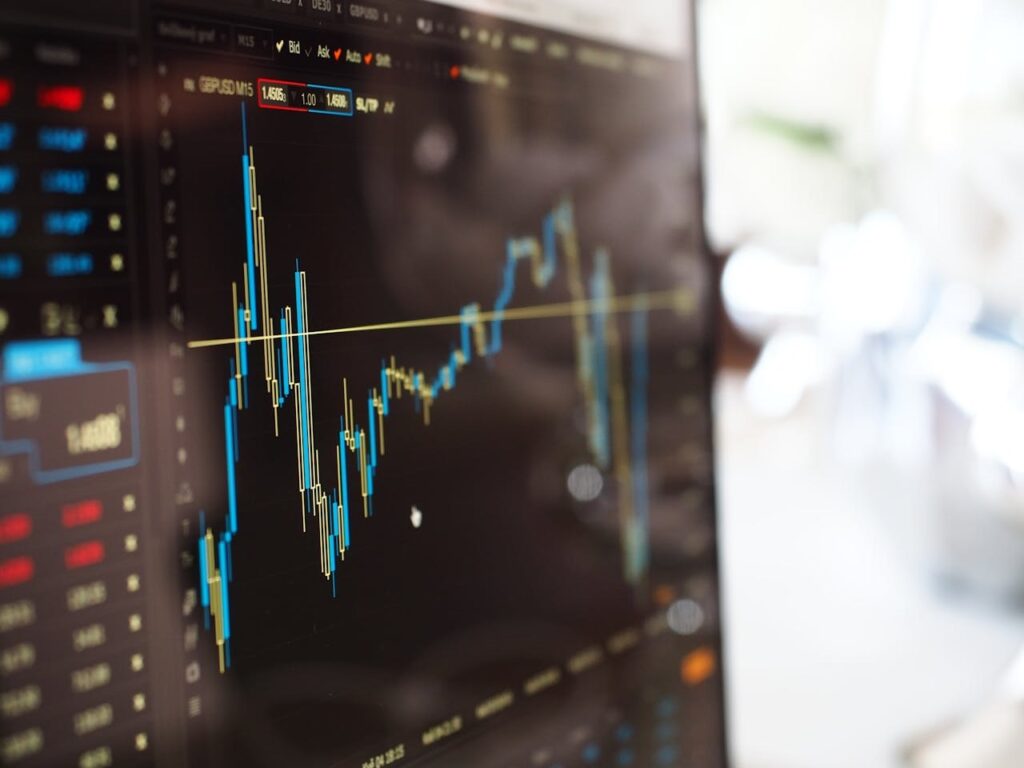As the cost of living crisis continues to squeeze spending and limit saving, many of us are looking for ways to supplement our funds beyond our monthly salary. Online trading has the potential to help you grow your finances – and quickly – but this reward is balanced by the risk of investing in volatile assets and markets.
Choosing the right trading platform is vital if you hope to be a successful trader. Having access to the right assets, safety features, advice and training areas will help you learn about the trading landscape and protect you from loss.
Set out clear goals
Before you start trading online, you must take time to set out clear goals. These will dictate everything from your asset choices to your risk tolerance.
Begin by setting out your investment objectives. These could be short-term aims such as boosting monthly spending or long-term goals like topping up a pension pot. Include how much you would ideally like to make within a pre-set period.
Next, set aside your trading budget. Remember to leave plenty in your savings to cover emergencies and ensure all essential spending can still be covered. Knowing exactly what you have to play with means there’s less danger of you going into the red should you see a run of unproductive investments.
Consider key features
When choosing your trading platform, consider the key features available and identify which would be most useful.
Begin with the investment options available. From indexes that follow governance policies to crypto trading with its decentralised infrastructure, there’s a wide choice of tradable assets covering a spectrum of risk levels. Each has unique pros and cons which you should research thoroughly before investing.
Especially if you’re new to trading, look for platforms with handy beginner features like research tools for insight into market trends and places to practice without putting down funds. The best platforms will also offer customer support.
The main reason why online platforms rose in popularity beyond using traditional brokerages is the convenience, so choose a provider that promises 24/7 access to your portfolio and real-time data.
Prioritise safety
When conducting any kind of financial activity online, you must prioritise safety.
Look for key indications that a website is safe to use including an SSL certificate (evidenced by the ‘s’ in ‘https’) which proves encryption and verifiable trademarks and licences. Read reviews from recent customers and check to ensure the company is legitimate and bound to be compliant with regulations.
When using the platform, set a strong password on your portfolio and consider adding a two-factor authentication process as extra protection from cybercrime. Ensure you’re only accessing your account through private internet connections.
Leading platforms will also have safety features for your trade deals too. A prime example is stop-loss orders which instruct the automatic sale of assets if their value falls to an amount pre-set by you.

